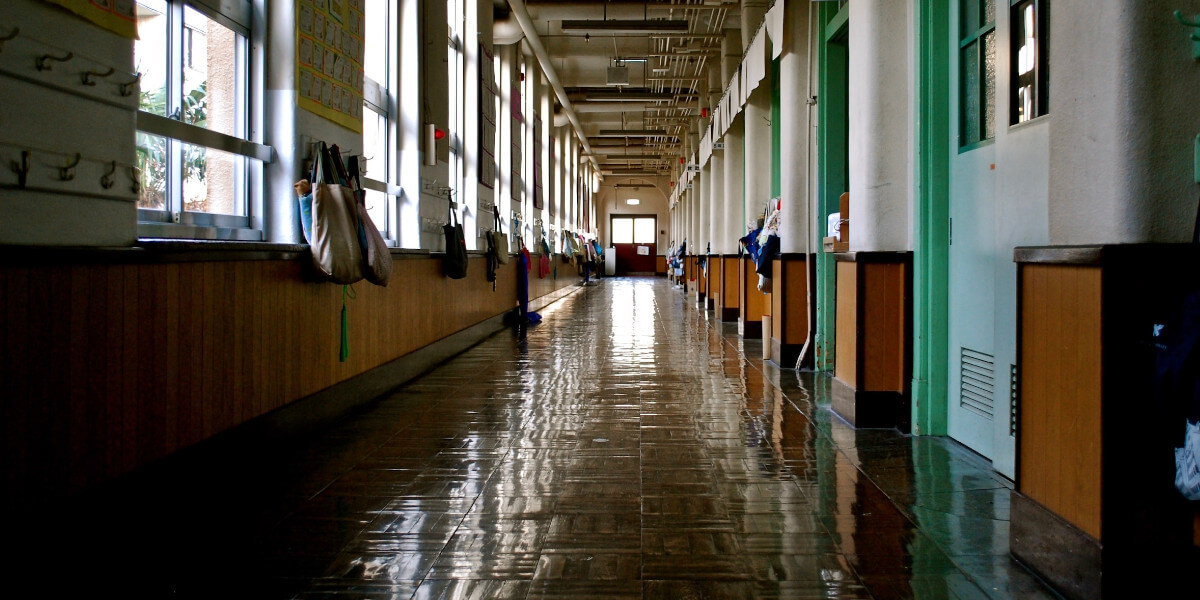
Let's Reconsider Discipline
We all know that discipline is important and we want to support our child with care, compassion and positive expectations. In giving thought to the goal of discipline, we can explore the approaches that work best for your family.
Is our goal to gain consistent compliance? This can sound like:
“My child needs to listen the first time.”
“My child will show respect.”
These can feel broad and unattainable to your child.
Oftentimes, we can find ourselves using some traditional approaches to discipline when trying to shift behavior:
- Time out
- Punishment
- Shame
- Yelling
Time outs can be helpful and effective when used correctly. But when used incorrectly, often leave both the parent and the child feeling frustrated. Punishment focuses energy on what was done wrong and often undermines the teaching moment that was available. All too often, when these frustrating moments occur, voices escalate and rise to the point of yelling and the language used ends up instilling shame.
Most parents have been in these moments. Everyone is agitated and nothing feels effective. As a parent, you are still human. Your buttons can be pushed and you might be exhausted.
Implementing effective tools and practices that become the norm in your family will help you to feel more calm and productive. Think firm but fair.
If our goal is skill building, emotional regulation, kindness and reteaching, then we start by modeling the expected behavior. This sounds like…
“I will listen to my child.”
“I will model the respect I want my child to show.”
When we look at researched-based best practices we gain knowledge for engaging with our child in a different way. Here are 7 concrete tips:
- Clear expectations: “When we go into the restaurant we will stay seated and calm.”
- Offer simple choices: “Do you want to clean up now or in 5 minutes?”
- Present natural consequences: “If you throw the toy it will be put up. We have to be safe.”
- Immediate reteaching “try again” or “re-do”: “Can you say that again with a kinder voice?”
- Practice expected behavior: “The last time we left the library you were very upset. Let’s practice what to do when it’s time to go.”
- Proximity to the child: “Time in” and safe touch goes a long way to connecting with your child.
- Praise for success: Not just the child, but yourself! Celebrate the small victories!
Behavior as Communication
If we look at behavior as communication between child and parent, we can learn a lot from each other. We consider where the behavior is coming from. Is there an unmet need? Does my child feel safe? Felt safety is critical in connecting with a child. Just because your child is safe doesn’t mean they feel safe. Understanding those big feelings can help manage the behavior. Connection is key! Once you are connected you can then move to correcting and engaging in those teachable moments.
It can be difficult to keep our own emotions in check. You might feel angry and take things personally. That is a sign that you need to take a break and ask for space.The hope is that you have a support system in place. We recognize that is not always the case. Even taking a few minutes can change the dynamics and help you return to a calmer state. Even if it is taking deep breaths in the bathroom while little hands sneak under the door. It happens to the best of us.
The concept of repair needs to be given to both children and parents. Parents deserve an opportunity to try again and let the child know that they want to handle things differently. The child is learning by watching you. If you can share why you were frustrated, and what you want to do differently you’re giving your child permission to do the same when they are struggling.
If you have any concerns, please reach out to our team. We want to support you.
Resource:
The Connected Child: Bring Hope and Healing to Your Adoptive Family by Karyn B. Purvis (Author), David R. Cross (Author), Wendy Lyons Sunshine (Author)

About Lifeologie
Lifeologie Counseling was founded in 2000 with one goal in mind — to bring a fresh, innovative approach to the everyday problems of life. Creative solutions to stuck problems®. With our unique multi-specialty, collaborative approach, Lifeologie Counseling helps individuals and families heal their wounds and break out of old, unhealthy patterns.




